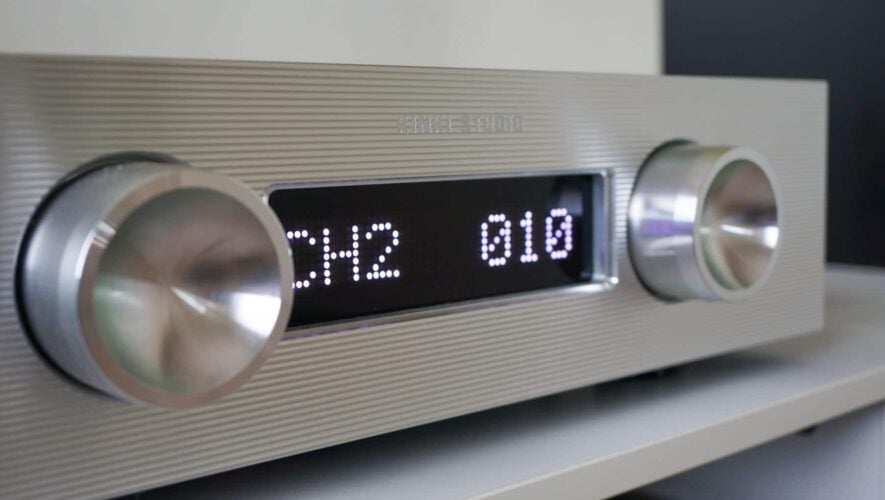

Intro
Contents
This review will be a bit more spicy than you are used to because today we are testing the Kinki Studio EX-M1+. Kinki Studio is a relatively young company from China that has been working since 2008. The EX-M1+ is an integrated amplifier with a seductive appearance. And yes… we feel that. Admit it, we’re all a little hi-fi fetishists. We get excited at the sight of super high end headphones, we’re drooling over an amplifier with VU meters and caressing a graceful speaker as if it were a living organism. Anyway, back to business.
Kinki Studio – Boelz Audio – has received a lot of positive reviews in recent years and that made us very curious. Owner Tao Liu has a clear vision: a pure reproduction with as little distortion as possible. A noble goal that he tries to achieve on the one hand by using high quality components and on the other hand by constantly improving his products. Given the broad international attention, it seems that Liu has now reached quite a high level with his products. Time to investigate if the hype is justified.
Construction and appearance
The Kinki Studio EX-M1+ is a beast of an amplifier and we soon notice that when we take it out of the box. This integrated amplifier weighs 25kg. Most of this weight comes from the metal cooling fins inside and the large power supplies. The sturdy, aluminium front adds a few kilos to the whole as well.
The silver front with its two giant rotary knobs looks sleek and the horizontal lines on the front give the amplifier an exclusive look. In the middle we see a large screen, with white LEDs, that shows the selected input and volume. Even the neighbours can still read the volume level. Fortunately, the screen can be dimmed halfway or fully, which is especially pleasant in the evening. All functions can also be performed by the beautiful remote control. It is made of one block of aluminium and has a handy mute button in addition to input, volume and mode.
At the back again a very clean lay-out. The speaker terminals are located on the outside of the amplifier and are of high quality, just like any part on this amplifier. Because the amplifier is built in dual mono, the left and right inputs are each on one side of the amplifier. We see four inputs one of which in XLR. Whether this is sufficient is up to the buyer, but we would have liked to have seen one more. This is, as already mentioned, a puristic amplifier so there are no digital inputs. A small switch lets us choose between low and high gain. A handy feature.

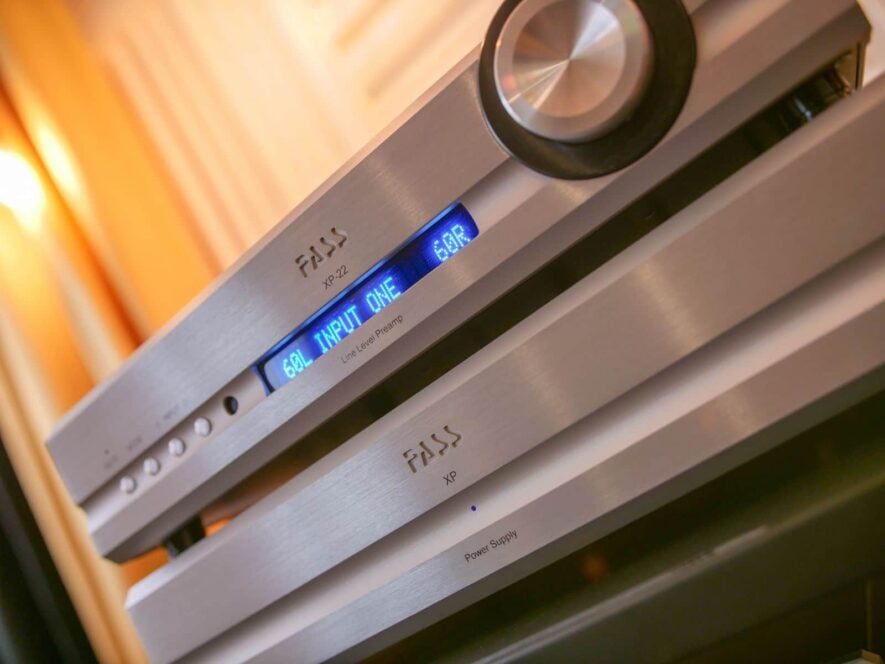
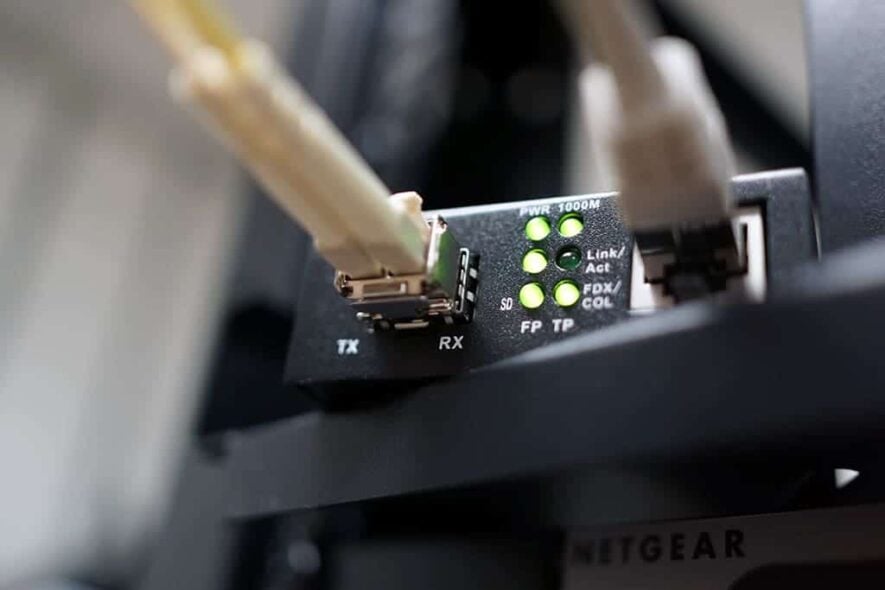
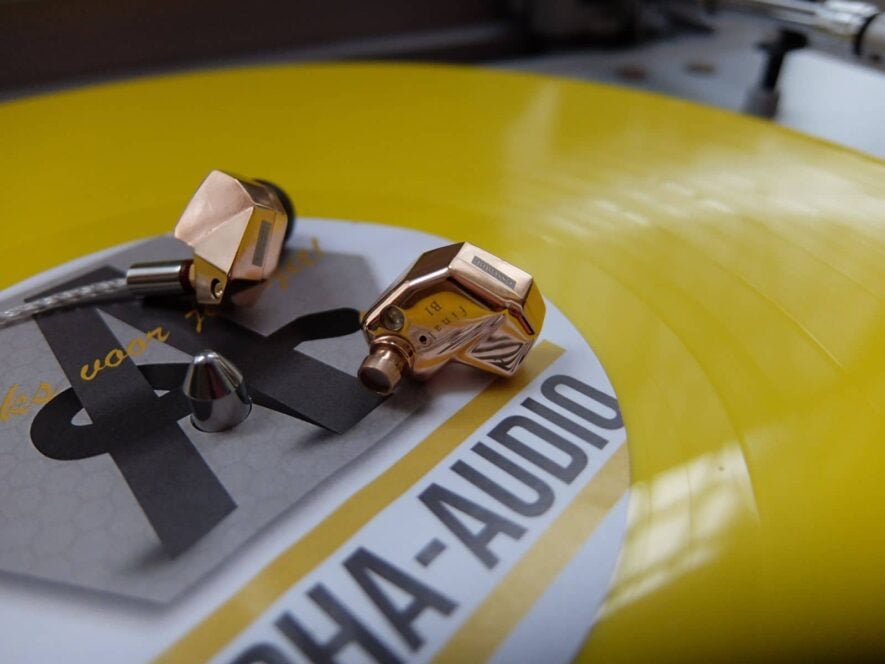

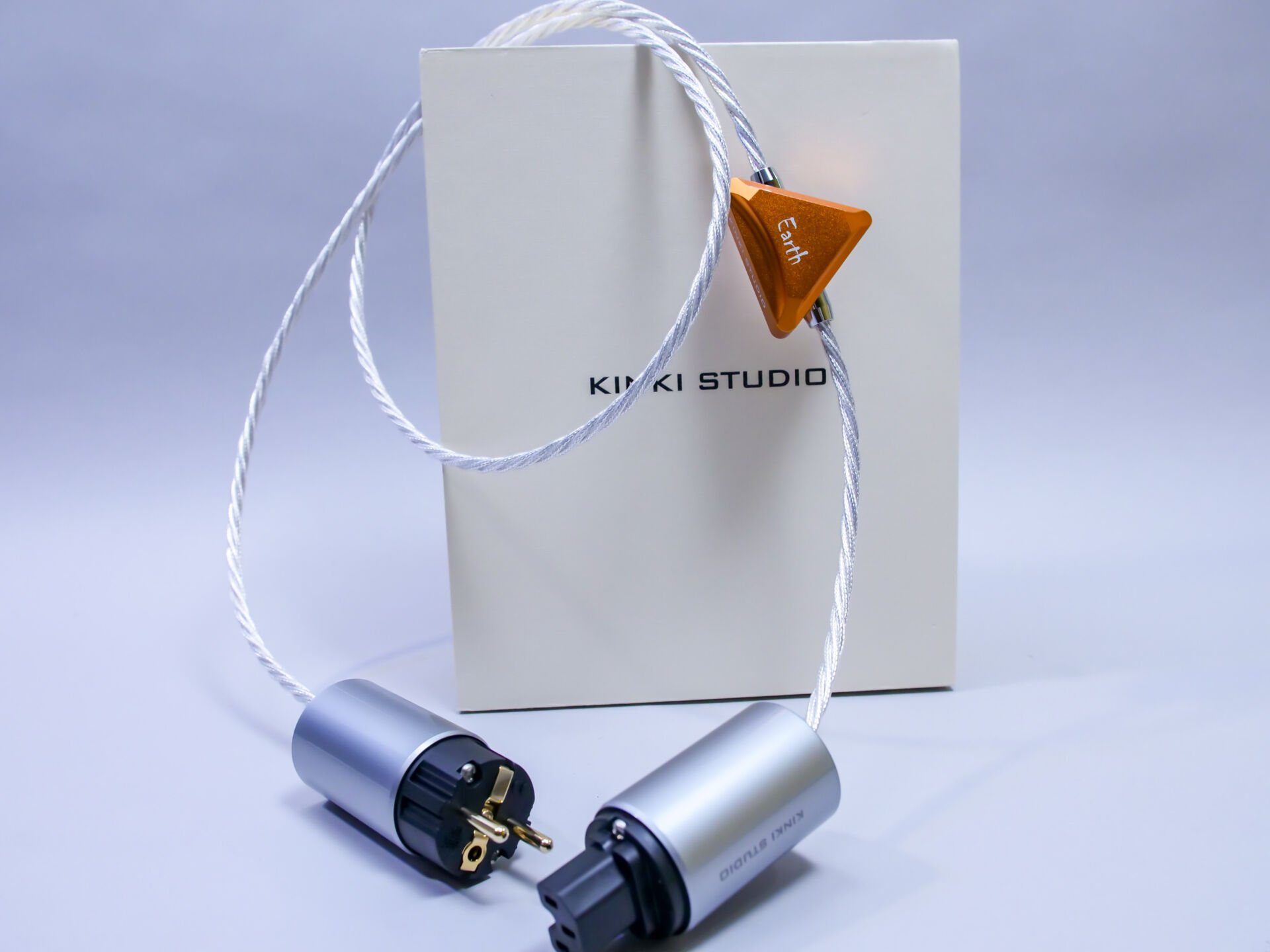
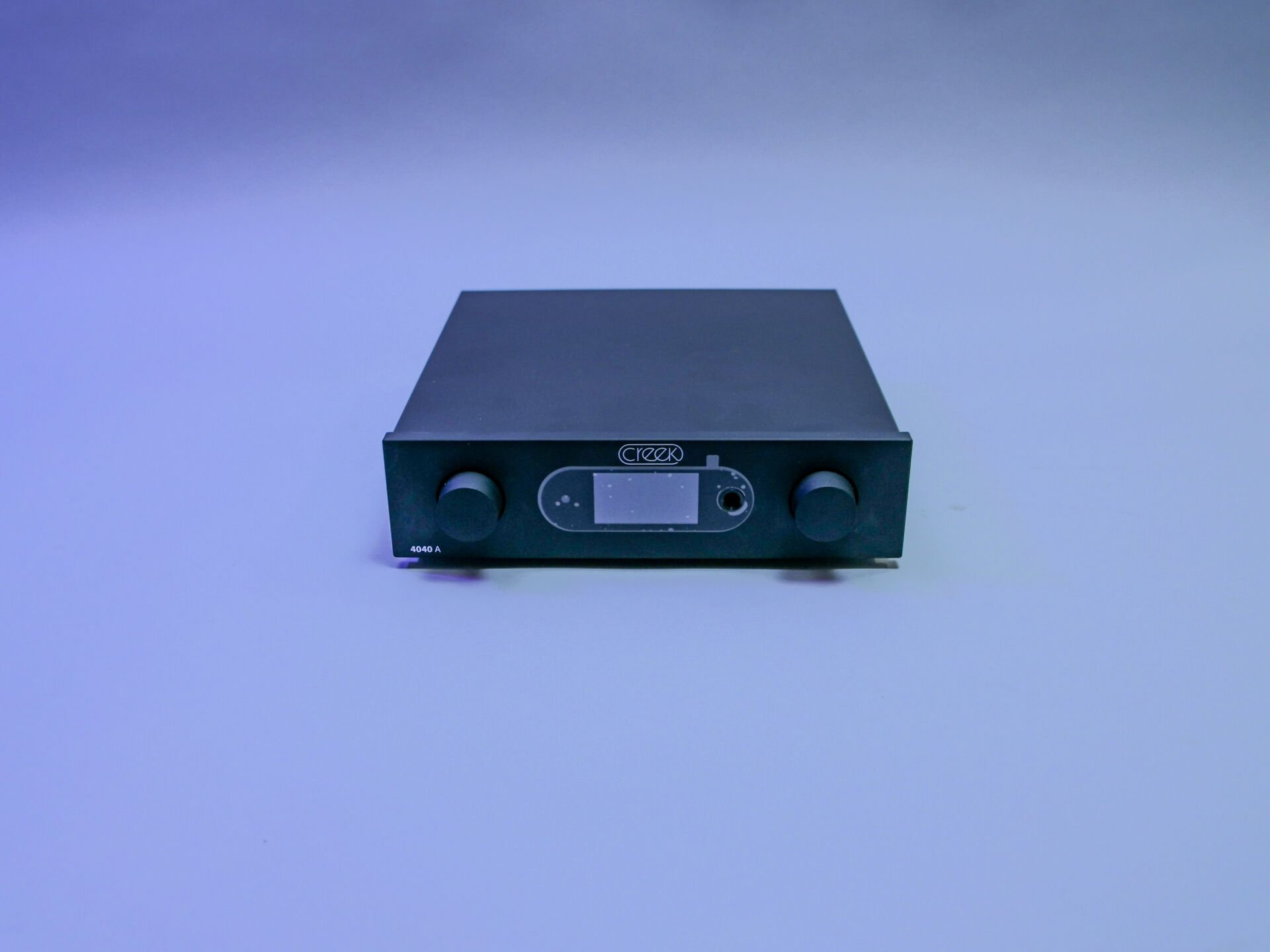

Thank you,
I will look into Yamaha 3000,
For you which one sounds less sharper H390 or Kinki, how would you describe their differences in a general manner if possible ?
Thank you
Thank you,
I will look into Yamaha 3000,
For you which one sounds less sharper H390 or Kinki, how would you describe their differences in a general manner if possible ?
Thank you
Thank you for the suggestions Jaap Veenstra
Warm regards
Welcome!
Hi Jaap Veenstra,
It is me here again, sorry to bother you with my questions:
It is that just sold my Kinki M1 and first wanted to ask you how do you compare the sound signature of the Kinki vs the H390 ?
The NEW Kinki has 400VA per channel vs 300VA of the one i just sold, Kinki claims is “calmer” and with a bit more drive, and dont get me wrong i loved my Kinki but wanted a bit more specially that fuller sound, my PMC Twenty5 26 are super fast and transparent and sometimes i felt the combination needed a bit more of air specially in the High frequencies where it can get a bit incisive sometimes, you told me the H390 is not the smoother one, but to clarify, is it smoother than the Kinki, would help me describing the difference sound wise between the two ?
In the other hand i am also considering (for better possible SQ ) the Kinki M7 with Denafrips Athena Preamp…but if it is possible i want to keep it simple with the Integrated path
Thank you very much
Miguel
Questions are always welcome!
Hegel has a lot of drive. But it’s not the smoothest or most refined. But it’s fun and dynamic. If you want fast and smooth, go for a Yamaha 3000-series. But that one doesn’t have a dac… Don’t know if you need one?
Thank you for the suggestions Jaap Veenstra
Warm regards
Welcome!
Hi Jaap Veenstra,
It is me here again, sorry to bother you with my questions:
It is that just sold my Kinki M1 and first wanted to ask you how do you compare the sound signature of the Kinki vs the H390 ?
The NEW Kinki has 400VA per channel vs 300VA of the one i just sold, Kinki claims is “calmer” and with a bit more drive, and dont get me wrong i loved my Kinki but wanted a bit more specially that fuller sound, my PMC Twenty5 26 are super fast and transparent and sometimes i felt the combination needed a bit more of air specially in the High frequencies where it can get a bit incisive sometimes, you told me the H390 is not the smoother one, but to clarify, is it smoother than the Kinki, would help me describing the difference sound wise between the two ?
In the other hand i am also considering (for better possible SQ ) the Kinki M7 with Denafrips Athena Preamp…but if it is possible i want to keep it simple with the Integrated path
Thank you very much
Miguel
Questions are always welcome!
Hegel has a lot of drive. But it’s not the smoothest or most refined. But it’s fun and dynamic. If you want fast and smooth, go for a Yamaha 3000-series. But that one doesn’t have a dac… Don’t know if you need one?
Greetings,
I have a Kinki Ex-M1 and i want to upgrade, i see in this review that is compared with the Hegel H390 which was the unit i was aiming for to upgrade over the Kinki, but i m reading that they are contenders, so my question is regardless of the versatility of the H390 having a DAC & Streamer, how do they stack sound wise ONLY, is it worth to upgrade to the Hegel H390 for the sound over the EX-M1 ?
Thank you and hoping you guys are doing fine ih this contingency
Warm Regards
Miguel
Hi Miguel,
Thank you for your question. Honestly: I think it will mainly be different. Not better or worse. The Hegel mainly offers more connectivity, but not really better sound quality.
Hello Jaap,
Thanks for your feedback !
Some have claimed the Hegel is smoother, do you agree ?
The only think i would like a little a bit more on my Kinki is to be more meatier and a bitty smoother, my PMC Twenty5 26 could benefit on that i guess, any suggestions ?
Kinki has evolved both Kinki EX-M1 & EX-M1+:
—-“The new EX-M1 sounds calmer due to the quieter background. Also has more drive due to the higher power encapsulated transformers and 50% more of the capacitors reservoir. There is also improvement to the amp circuitry, preamp and input selector boards”—-
Regards
Miguel
I wouldn’t say Hegel is the smoothest sounding amp I know. The Yamaha 3000-series for example is a lot smoother than the H390. I don’t know how that matches on the PMC, but that one is magical on the Focal Sopra. But I guess you need a bit more control in the bass. In terms of control Hegel is very good. But another brand that is well known for control is MOON. You could check that out. It’s a bit smoother than Hegel ánd has the bass-control you need with PMC.
Greetings,
I have a Kinki Ex-M1 and i want to upgrade, i see in this review that is compared with the Hegel H390 which was the unit i was aiming for to upgrade over the Kinki, but i m reading that they are contenders, so my question is regardless of the versatility of the H390 having a DAC & Streamer, how do they stack sound wise ONLY, is it worth to upgrade to the Hegel H390 for the sound over the EX-M1 ?
Thank you and hoping you guys are doing fine ih this contingency
Warm Regards
Miguel
Hi Miguel,
Thank you for your question. Honestly: I think it will mainly be different. Not better or worse. The Hegel mainly offers more connectivity, but not really better sound quality.
Hello Jaap,
Thanks for your feedback !
Some have claimed the Hegel is smoother, do you agree ?
The only think i would like a little a bit more on my Kinki is to be more meatier and a bitty smoother, my PMC Twenty5 26 could benefit on that i guess, any suggestions ?
Kinki has evolved both Kinki EX-M1 & EX-M1+:
—-“The new EX-M1 sounds calmer due to the quieter background. Also has more drive due to the higher power encapsulated transformers and 50% more of the capacitors reservoir. There is also improvement to the amp circuitry, preamp and input selector boards”—-
Regards
Miguel
I wouldn’t say Hegel is the smoothest sounding amp I know. The Yamaha 3000-series for example is a lot smoother than the H390. I don’t know how that matches on the PMC, but that one is magical on the Focal Sopra. But I guess you need a bit more control in the bass. In terms of control Hegel is very good. But another brand that is well known for control is MOON. You could check that out. It’s a bit smoother than Hegel ánd has the bass-control you need with PMC.